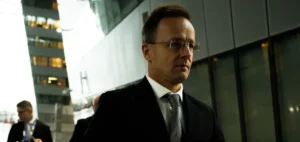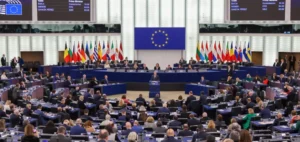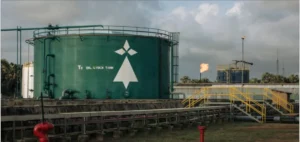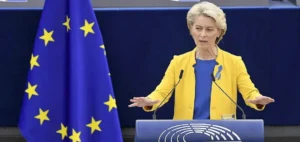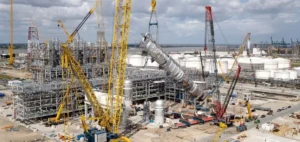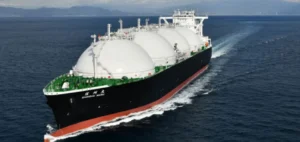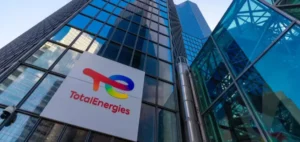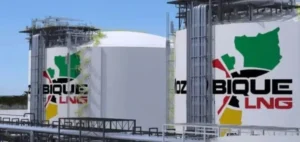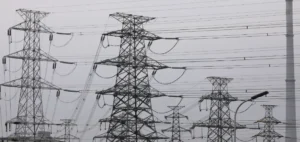Bosnia and Herzegovina, currently fully dependent on imports of Russian natural gas, has taken a significant step toward energy diversification. On Thursday evening, the House of Representatives of the Croat-Bosniak Federation voted in favor of building a new gas interconnection linking Bosnia to Croatia. This project, long stalled by internal political disputes, could mark a turning point for the energy security of this Balkan nation.
For years, the country has relied solely on a single interconnection, linking its gas system to Serbia’s and, consequently, to Russia’s. In 2023, Bosnia consumed approximately 225 million cubic meters of gas, all of it supplied by Russia. This energy monopoly, impacting its 3.5 million citizens, has raised growing concerns, particularly in the context of the current geopolitical instability.
A Strategic Project Supported by International Actors
The new interconnection would allow Bosnia to connect to the liquefied natural gas (LNG) terminal on the Croatian island of Krk, a critical hub for Europe’s diversified gas supply. The project has also garnered support from foreign powers, particularly the United States, which has intensified pressure to advance the legislation. The law still needs to pass the House of Peoples before it can take effect, a process that remains uncertain.
The Krk terminal is seen as a strategic solution to reduce Russia’s influence on the Balkans’ energy market. Croatia, despite being a neighbor, already enjoys access to varied suppliers via this terminal, which could play a crucial role in supplying the region, including Bosnia.
Persistent Internal Political Blockages
However, the path to energy diversification remains fraught with challenges. The project divides political parties in Bosnia, a country fractured since the interethnic war of 1992–1995. In 2021, a similar attempt to pass a law for the interconnection failed, primarily due to objections from Dragan Covic, the leader of the Croatian Democratic Union (HDZ) in Bosnia. He insists that the infrastructure’s management should be entrusted to a new company dominated by Croatian interests rather than the public enterprise “BH Gas,” which he perceives as controlled by Bosniaks.
If similar blockages emerge in the House of Peoples, the decision could be referred to the Constitutional Court, the only body capable of resolving such deadlocks.
A Step Toward Energy Resilience
Despite these political challenges, the new interconnection represents hope for Bosnia. By reducing its reliance on a single source, the project could enhance the country’s energy resilience and mitigate risks associated with supply disruptions. This initiative also reflects a broader trend in Europe, where several countries are striving to diversify their imports to safeguard against geopolitical pressures.
The completion of this law and its implementation will determine whether Bosnia can finally move away from its dependence on Russian energy—a strategic issue for its sovereignty and economic stability.



